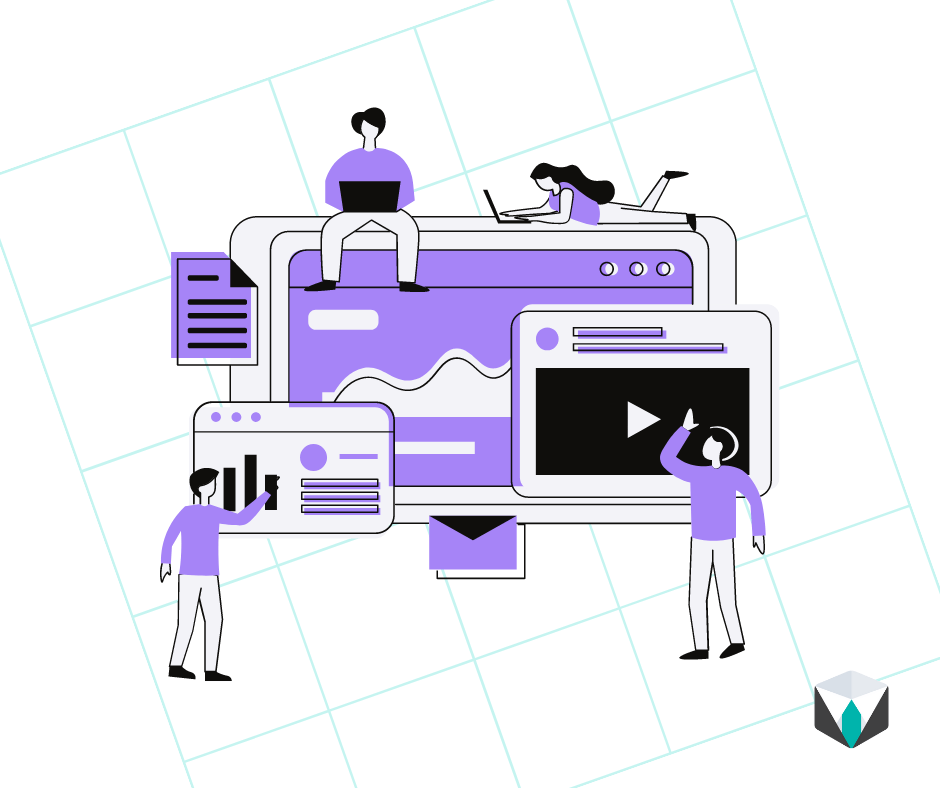The legal industry was forced to quickly adapt to a new digital world during COVID-19. While some practices were adopting new technology prior to the pandemic, many had to make a quick pivot. One thing is for sure, 2020 and 2021 will be marked by the rapid adaption of technology and automation.
As a result of the pandemic, almost every industry has quickly implemented some type of technology. For the legal industry specifically, some of these changes were long overdue. Legal innovation through increased use of legal technology is key to sustain growth within the industry.
But, what trends can lawyers expect to see continued into 2022?
Legal Technology in 2022
For 2022, there can be no doubt that lawyers will continue to look at adopting new technologies in order to embrace the challenges that come with the world’s “new normal” while remaining competitive.
Some key trends from 2021 can inform us about the future:
- Remote (or hybrid) work is here to stay;
- We will continue to rely on technology to assist with daily tasks through automation; and
- The challenge of productivity with increased competition within the industries.
An increase in reliance on technology to make daily tasks easier is shown through the increased implementation of automation to handle tasks.
Besides helping lawyers with repetitive and/or administrative tasks and helping with volume of work, automation also can be great for new team members.

Why is Automation Important?
McKinsey Global Institute estimates 23% of work done by lawyers can be automated by existing technology. Automation can look different for every practice as there is a variety of types of automation. One example is task-chain automation- check out our guide to task-chain automation to learn more.
A main kind of automation is workflow automation. The goal of any type of automation is to simplify a process. Workflows are predetermined processes within which lawyers can track their matters, tasks, and procedures.
By tracking these items, lawyers can gain insights into their firm’s productivity and collaboration in order to prevent any snags in workflows. By using software (like Legalboards) to automate workflows, law practices can see significant improvements in their firm.
Software can improve the efficiency of their operations, reduce the learning curve associated with onboarding, and help visually organize matters. And, perhaps most importantly, automated workflows allow for the opportunity to learn about, analyze, and improve their processes over time.
How to Get Started
A great place to start with workflow automation is identifying high-volume, repetitive, and time-consuming tasks.
For example, using software that can customize and automate workflows for each work type ensures the legal team receives sufficient information to complete the task and reduce errors.
It’s important to keep in mind that the goal is not to automate 100% of a legal task but rather to achieve improve the efficiency of parts of a task wherever possible.
Legalboards provides all the tools to create complete workflow automation so you can save time on your daily tasks (and reduce errors!) to spend more time on what’s important.
Schedule a demo with us today and see how we can help improve your practice in 15 minutes.




